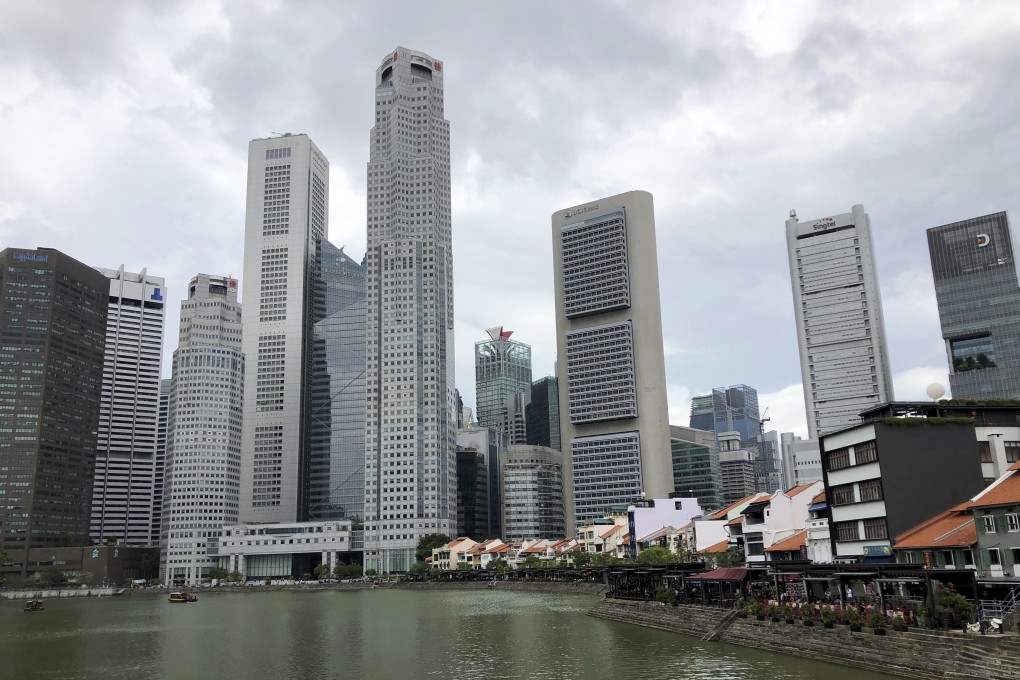Pandemic shrinks foreign exchange trading in major hubs but Singapore, Tokyo grab market share at Hong Kong’s expense
- Trading in Hong Kong dropped 7.8 per cent in April from October; Singapore, Tokyo charted growth
- London and New York recorded the biggest declines in April survey, according to semi-annual market reports published on Monday

Singapore’s volume grew 0.3 per cent to US$549.5 billion per day, making it the biggest market in the Asia-Pacific region, according to a local foreign-exchange market committee. Hong Kong’s volume shrank 7.8 per cent to US$524 billion, the Treasury Markets Association said on Monday.
Such transactions rose 6.5 per cent in Tokyo, and fell 7.2 per cent in Australia and 9.1 per cent in Canada. While London retained the crown as the biggest currency-trading market globally, its daily average volume shrank the most, by 16.3 per cent to US$2.4 trillion from an all-time high in October. New York suffered a 14 per cent drop to US$765 billion.
“Currency trading was held up at the height of market volatility caused by the coronavirus pandemic,’’ said Ken Cheung Kin-tai, Hong Kong-based chief Asian currency strategist East Asia Treasury Department at Mizuho Bank. “The shock meant it was difficult to assess the impact of the virus on policies, liquidity and economy.”
